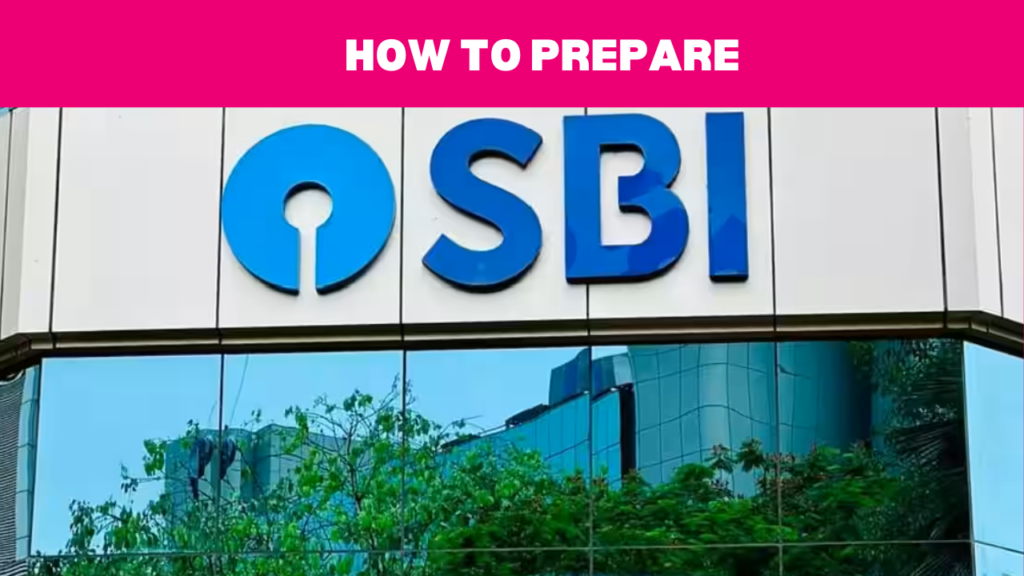How to Get a Bank Job After 12th: A Complete Guide for Students
A career in banking is a dream for many students, and it’s no surprise why. Banks offer stable jobs, attractive salaries, a comfortable work environment, and growth opportunities. If you’re looking to work in a bank after completing your 12th grade, you’re in the right place. This guide will help you understand the types of banking jobs you can pursue after 12th, the qualifications required, and how you can improve your chances of landing your dream job.
Types of Bank Jobs You Can Get After 12th
- Private Bank Jobs Private banks offer several entry-level jobs that you can apply for right after your 12th grade. These include roles such as:
- Sales Agent: Involves marketing banking products like loans and insurance. This job often works on a commission-based structure, so your earnings depend on the sales you make.
- PO (Point of Sale) Agent: These roles help banks promote services and products like loans or insurance. It’s also a commission-based job, where you earn based on the performance.
- Government Bank Jobs
Getting a job in a government bank after 12th can be challenging, as most government bank vacancies require a graduate degree. However, here are some options:- Clerk: The minimum qualification is often a graduation degree, and you’ll have to clear exams and interviews to secure a position.
- Bank PO (Probationary Officer): Government banks like SBI, PNB, and others usually require a graduate degree. The exam is competitive and involves multiple stages—Prelims, Mains, and an Interview.
- Specialized Officer (SO): For candidates with specialized knowledge (such as an MBA or CA), banks offer vacancies for SO positions. This is a great option for students pursuing professional degrees.
How to Prepare for Bank Jobs After 12th

While you won’t be able to apply for high-level positions like PO or Clerk without a graduation degree, there are steps you can take to prepare for these roles:
- Strong English and Math Skills
Since most bank exams are computer-based (CBT mode), focusing on your English and mathematics is crucial. These subjects are vital for clearing the banking exams, especially the Prelims and Mains. - Join a Coaching Institute
Although self-study can help, attending coaching sessions will give you an edge. These institutes specialize in preparing students for competitive exams, teaching shortcuts, strategies, and providing practice materials to help you succeed. - Online Banking Courses
If you’re serious about pursuing a career in banking, you can also take banking-related courses after graduation. You can pursue certifications like an MBA in Banking and Finance or a Diploma in Banking, which will help you build the necessary skills for banking jobs.
Private and Government Bank Job Vacancies
- Government Bank Jobs Government banks like the State Bank of India (SBI), Punjab National Bank (PNB), and the Reserve Bank of India (RBI) often offer vacancies for various positions like Clerk, PO, and SO. For these roles, you need to pass exams and interviews. The eligibility criteria and selection process may differ slightly from one bank to another.
- Private Bank Jobs Private banks such as ICICI, HDFC, and Axis Bank also offer several opportunities for young graduates. These banks frequently hire Sales Agents, Customer Service Representatives, and other entry-level positions. While these jobs may not pay as much initially, they provide excellent opportunities for career growth.
How to Find Bank Jobs
- Official Bank Websites Start by visiting the career section of private and government bank websites. These sites post job openings and provide a direct way for you to apply. For example, if you’re interested in a job at ICICI Bank, you can visit their career portal to check available positions.
- Walk-in Interviews at Bank Branches If you want a direct approach, visit your local bank branch and ask about available job openings. Often, banks have HR departments or branch managers who can guide you about job opportunities.
- Job Portals You can also visit job portals like Naukri or Indeed, where banks post job listings. Set up alerts so that you’re notified when new jobs are posted.
- Banking Training and Diploma Courses If you want to stand out in the competitive job market, enrolling in a banking diploma or certificate course can give you a better chance of getting hired. These courses are available online, and many government-approved universities offer them. Some banks also offer in-house training programs to help you get the necessary skills.
Conclusion
Getting a job in a bank after 12th is possible, but it requires dedication, preparation, and the right qualifications. While you can start with entry-level jobs like Sales Agent or Point of Sale (POS) agent in private banks, you can aim for higher positions like Clerk or PO once you complete your graduation.
By focusing on strengthening your English and Math skills, taking relevant courses, and keeping an eye on job openings, you can increase your chances of landing a bank job. Remember, hard work and consistent preparation will always pay off in the long run.
So, start planning your career today, and keep working towards your goal of securing a job in the banking sector!
Can I get a bank job after 12th?
Yes, you can get a bank job after 12th, but the positions available are limited. Most entry-level jobs in banks, like sales agents, require only a 12th-grade qualification.
What are the bank jobs available for 12th pass students?
After 12th, you can apply for jobs like sales agents, customer service, or marketing roles in private banks. For government banks, you generally need at least a graduation degree for positions like clerk or probationary officer (PO).
What qualifications do I need to get a government bank job?
For government bank jobs like clerk, PO, or SO (Specialist Officer), you need at least a graduation degree (B.Com, B.A., B.Sc.). Additionally, good knowledge of Math and English is required.
Is there any specific course to improve my chances of getting a bank job?
Yes, after graduation, you can pursue courses like an MBA in Banking & Finance or a diploma in banking, which will give you specialized knowledge and improve your chances of getting a good job in the banking sector.
What is the difference between private and government bank jobs?
Government bank jobs are typically more stable, offer better benefits, and are more competitive to get. Private banks may offer higher salaries but can be more challenging in terms of job pressure and work culture.
How can I apply for a government bank job?
You can apply through the official websites of nationalized banks or via IBPS (Institute of Banking Personnel Selection) exams. You’ll need to clear the exams, which include a written test and an interview.
What is the role of a sales agent in a private bank?
A sales agent is responsible for marketing the bank’s products and services, like loans or insurance, to customers. The job may involve commission-based earnings and is typically a starting point for a career in banking.
Are there any internship opportunities in banks?
Yes, some government and private banks offer internships, where you can gain practical knowledge and training. Internships are often open to graduates and provide exposure to banking operations.
What is the salary of a bank employee after 12th?
Entry-level jobs in private banks may offer a salary based on performance, starting from ₹10,000 to ₹25,000 per month. In government banks, salaries for positions like clerk or PO start from ₹25,000 and can increase with experience and promotions.
What is the selection process for a government bank job?
The selection process generally involves a written exam (prelims and mains), followed by an interview. The exam covers subjects like reasoning, quantitative aptitude, English, and general awareness.
Can I work from home in a bank?
While most bank jobs require you to work at the bank’s premises, some roles like sales agents or customer support may allow you to work from home, especially in private banks.
How do I prepare for a government bank exam?
Focus on strengthening your English, Math, and reasoning skills. It’s also beneficial to take coaching for bank exams, as they teach you exam patterns, shortcuts, and strategies to improve your chances of selection.
What are the future career growth opportunities in banking?
Banking offers excellent career growth. Starting as a clerk or sales agent, you can eventually be promoted to roles like PO, branch manager, or even general manager, depending on your performance, skills, and experience.
Where can I find courses and training for bank jobs?
You can find courses related to banking on various educational websites and universities. Many banks also offer in-house training programs, and online platforms like “College Vidya” provide courses to help you build a career in banking.
Also Read: Free Cyber Security Course With Certificate by the Government of India Act Fast






